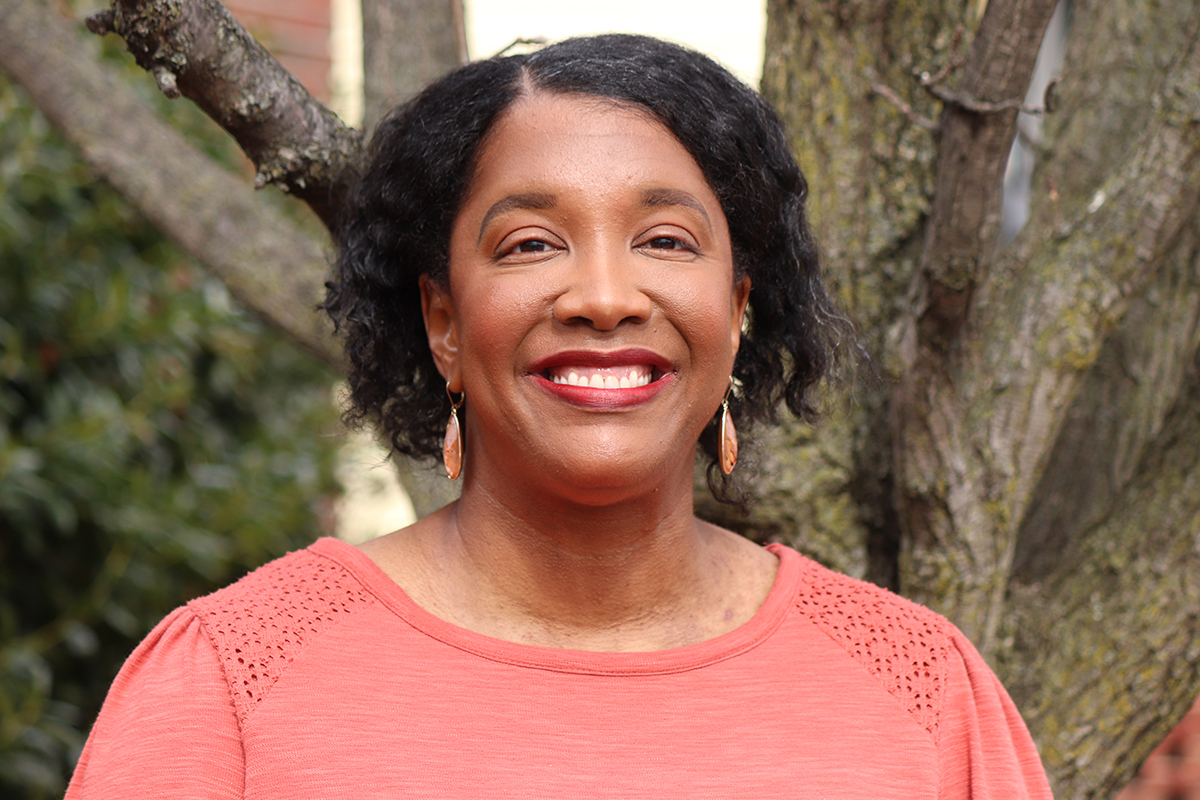
It is the elephant in the room. You know it is there, but you silently hope the topic would disappear. Race is here and it is not going away. Education, advocacy, and open, honest dialogue is needed for growth and sustained change to occur. In recent months, there have been global protests, cries for justice over the killings of unarmed African-American men and women at the hands of police. As you listen and process all that is going on, you may think it is not right, fair, or Christ-like. We go about our daily routines and believe that the topic of race does not affect us because we are kind, cordial, and have friends of different races.
Understanding race as a concept is the first step, but the next step is having deeper, more transparent conversations and listening to the stories from those who experience and deal with race daily. Race is a discussion topic that cannot be dismissed, despite the challenges associated with speaking about it.
Here are 10 reasons you may be uncomfortable talking about race.
Photo Credit: © Pexels/Matheus Viana

1.You Do Not Know Where to Start
Discussing race can be uncomfortable and overwhelming for many to confront. Where do I start? It requires an honest, authentic, and compassionate posture. It is easier to speak about the lighter topics and not to ruffle any feathers. You may not know how to start the conversation because it requires vulnerability and an acknowledgement of past or present behaviors that have caused explicit or implicit suffering.
There is not a quick-fix, magic statement, or drive-by prayer that will occur in one day to eradicate race from society. Race discussions are raw, real, and expose deep truths that must come to light. If you do not know where to start, I invite you to start with an open heart, listening ear, and grace to get through the “hard” stuff. God is present, active, and will guide us through the uncomfortable but necessary topic of race.
2. Race Doesn't Apply to Me
Race is a difficult conversation because some believe they do not need to have it, or it applies to someone else. It is easier to have race remain a “taboo” topic, instead of having an honest self-assessment. The reality is that race is rooted in the fabric of this country’s history and still manifests itself with marginalized groups daily. You may not be directly impacted by the systems of injustice that plague our society, but we all have a role to play in perpetuating, or dismantling it in some way—thought, attitudes, or behaviors that have impacted the daily life of a person of color. So yes, we are not immune to the effects of racism. Today, I invite you to pray to God for guidance on what role race can or will play in your everyday life. How can you grow in addressing this topic?
Read I John 2:11
Photo Credit: © Getty Images/Melpomenem

3. You Have an “I Love Everyone” Syndrome
When dealing with a tough issue like race, it is easy to want to avoid the topic by generalizing. As believers, some have the attitude that loving everyone is enough. While walking in love is a key and foundational tenant of the Christian faith, we do not want to dismiss or minimize challenging topics like race. A key aspect of walking in love is seeing, listening, and uplifting the real and often painful experiences of people of color who live with the effects of race each day.
As we walk in love, it is essential that we are willing to extend love to those by hearing and validating their experiences. Love is an action and should be lived out in speech and action. Forgiveness and healing can take place when we cease turning a blind eye to the complex and lived experiences of those dealing with racism. Yes, love binds us together, but not at the expense of glossing over the struggle associated with race and the toll it can take on a person’s social, emotional, and physical well-being.
Read I Corinthians 12:13
4. No Time for One More Thing
Let us be honest. If we had to add one more thing to our already hectic lives, discussing race would easily be dismissed. Why? To have honest dialogue and changed behavior takes focus, commitment, and an unwavering desire to have God change our hearts. However, God is calling us to disrupt our routines and make time to not only discuss race but look for ways we can contribute to forward progress. Our home, jobs, church, family, and social settings must be disrupted to make room for honesty, healing, and a renewed sense of hope.
Photo Credit: © Getty Images/Aaron Amat

5. Confession Is Uncomfortable
Once we decide to discuss race with real, authentic conversations, confession takes place. Confession of history. Confession of the past and present bias and behaviors that have been painful, hurtful, and ingrained in our history and society. When we confess our shortcomings to others, we are susceptible to possible rejection, isolation, and abandonment. God is with us and will strengthen us as we confess to move forward and grow. I encourage you to lean in and depend on God for courage, strength, repentance, and grace to be uncomfortable. God will see us through and heal what has been broken.
Read 1 John 1:9
6. Your Circle May Narrow
Another reason why some may be uncomfortable talking about race is because some close family members or friends will not agree with your decision. You may lose some “friends,” or family for speaking out with boldness. Perhaps, some in your inner circle will not acknowledge or agree with your decision to engage with the topic. We all go through different seasons, and there will be seasons where your circle will narrow when you seek to change. God will provide you with the people, support, and resources needed to assist you as you seek to move forward.
Read Deuteronomy 31:6
Photo Credit: © Getty Images/MangoStar-Studio

7. Change Takes Work
Change takes effort and a willingness to be uncomfortable. Contrary to our desire to be in control and have a predictable life, seeking to change is an act of full surrender to God and our ways. To genuinely want to discuss race and have a changed mindset and behavior, devoted time and energy for these discussions are necessary. Taking the first step to educate, engage, and move forward with changing attitudes and behaviors is important to grow as a person and believer. Despite the lack of control, uncertain outcome, and risk of being rejected, the change that can come from having conversations about race are transforming and redemptive. God invites change and newness in our lives because that allows us to have a greater dependence on Him for guidance.
Read Isaiah 43:19
8. What will they think?
You may be hesitant to address the topic of race because you are worried about what others will think or how you will be perceived. Breaking away from the norm takes courage, commitment, and a desire to want to grow. There will always be differing opinions, beliefs, and comfort levels when dealing with race. However, standing up for justice and mercy is what Jesus’ ministry represented and God calls us to not worry about those who oppose us. Standing up for truth and righteousness has never been easy or popular. Naysayers were part of Jesus’ ministry and are inevitable parts of reconciling work. However, the gospel is clear: we are to love justice, seek mercy, and walk humbly with our God.
Read Micah 6:8
Photo Credit: © Sparrowstock

9. What Steps Can I Take?
What practical steps can I take personally to begin the process of discussing race? While this list is in no ways exhaustive, here are a few ways to start. Educate yourself by researching online books, documentaries, or workshops that give a basic understanding and lesson on the history of race in America. Listen to stories to develop an awareness and attentiveness to the systems of injustice that are present in the world. Talk with your family members or children about what ways that they can be more attentive or engaged to the experiences of those from different races. Have a small group discussion or Bible Study with Scripture as your guide and discussion questions. Most importantly, coming to the discussion with a humble spirit will help you navigate any discussion on race. God is rooting you on and so am I!
10. The Topic is too Big
Friend, there is good news today. With God’s leadership and a willing heart, you can make small yet meaningful steps towards acknowledging, addressing, and discussing race. Start in your home, workplace, small group, or pray to God for direction and a renewed commitment to be more aware of your personal actions. There is no quick fix or one size fits all approach, but God is our source of strength during both easy and difficult paths.
Read Philippians 4:13
Photo Credit: © Unsplash/Jukan Tateisi
Originally published Monday, 31 August 2020.




